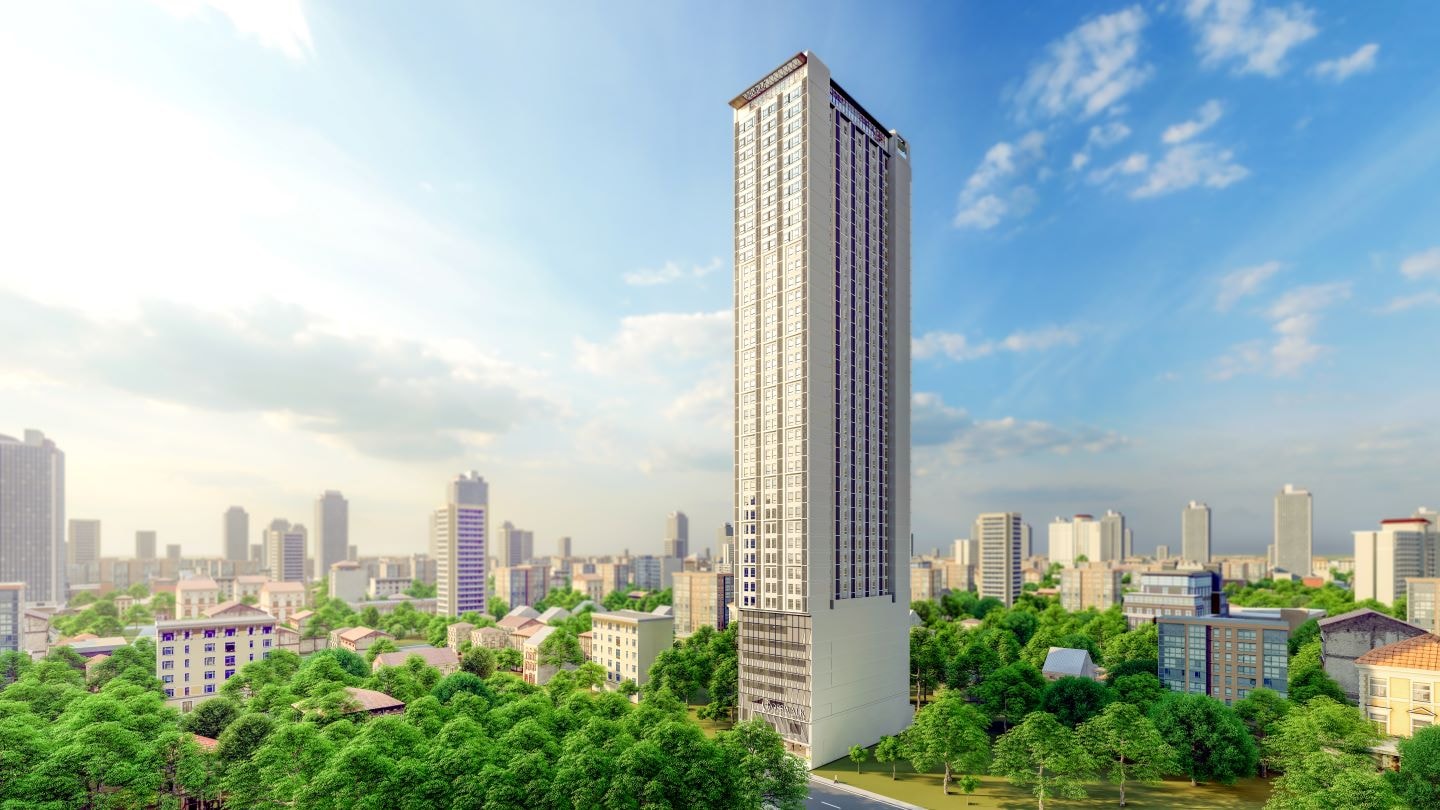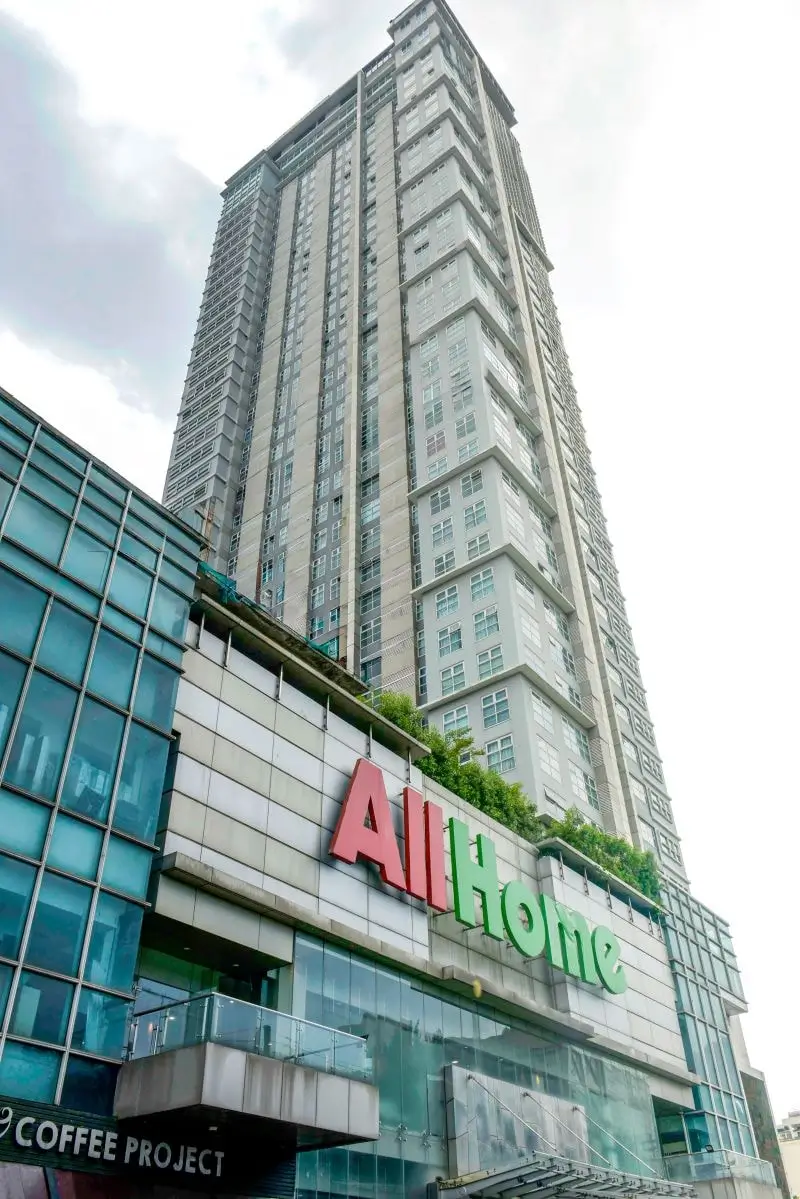Having your own place is a significant milestone in your life; it marks the transition to independence and self-sufficiency. It's an empowering experience that opens the door to personal growth, responsibility, and the freedom to create a space uniquely tailored to your preferences and lifestyle. Whether it's a cozy apartment, a charming house, or any other type of dwelling, having your own place provides a canvas for self-expression and a sanctuary where you can truly be yourself. From decorating to organizing, every aspect of your living space becomes a reflection of your identity and aspirations. It's a journey of discovery as you learn to navigate the responsibilities of maintaining a home while enjoying the unparalleled joy of having a space to call your own.
Buying a condominium as a first-timer is an exciting yet complex endeavor. As an increasingly popular housing option, these condos tend to offer a blend of convenience, amenities, and community living. However, the decision to invest in a condo requires careful consideration of various factors to ensure a smooth and rewarding homeownership experience. Today, we will explore the key aspects that first-time buyers should take into account when venturing into the condominium market.
Location Matters
One of the fundamental considerations when buying a condo is its location. Unlike detached houses, condos are often situated in urban or suburban settings, making proximity to essential services, public transportation, and recreational areas crucial. Assess the neighborhood or apartment complex's safety, accessibility, and overall vibe to determine if it aligns with your lifestyle. Consider the condo or apartment complex's proximity to your workplace, schools, and shopping centers, as these factors can significantly impact your daily routine and quality of life.
Condo Association and Management
A unique aspect of condominium living is the presence of a homeowners' association (HOA) or condo association. This entity plays a vital role in condo ownership in maintaining shared spaces and community amenities, enforcing rules, and managing community affairs. Before making a purchase, carefully review the condo association's rules and regulations, as they can influence your living experience. Examine the financial health of the local condo market and the homeowner's association, as a well-managed and adequately funded condo life association is more likely to maintain the property effectively.
Furthermore, delve into the history of the rental property and any past or pending assessments. These unexpected financial obligations can catch homeowners off guard, affecting their budget and overall satisfaction. Engage with real estate agents, current residents, or attend association meetings to gain insights into the community dynamics of common property and the effectiveness of the management.
Financial Considerations
Affordability is a critical factor for any homebuyer, and first-time homebuyers and first-time condo buyers are no exception. Beyond the purchase price, it is essential to account for additional costs such as monthly fees and unexpected expenses such as property taxes, monthly maintenance fees, and insurance. Investigate how these maintenance costs are structured and whether they fit comfortably within your budget.
Another financial consideration is the resale value of the condo. Research the real estate market trends in the area to gauge the condo community's potential for appreciation. While buying a condo now might offer a more affordable entry into homeownership, it's important to strike a balance between initial affordability and long-term real estate investment potential.
Unit Size and Layout
Condo units come in various sizes and layouts, and selecting the right one is crucial for your comfort and lifestyle. Consider your current needs and future plans; for instance, in the housing market, a one-bedroom unit might be suitable for an apartment living in a single-person or single-family home, but a growing family might require more space. Evaluate the efficiency of the layout and whether it accommodates your furniture and lifestyle preferences.
Additionally, assess the availability of storage space within the interior walls of the unit. Condos often have limited storage compared to single-family homes, so it's essential to ensure that there's adequate space for your belongings.
Amenities and Community Atmosphere
Condos often come with shared amenities, such as outdoor spaces such as fitness centers, swimming pools, and common areas. Evaluate the amenities offered by the condo owner and assess whether they align with your interests and lifestyle. While attractive amenities and parking spaces can enhance your living experience in your first condo alone, they may also contribute to higher maintenance fees.
Furthermore, consider the community atmosphere within the same condo complex or building. Some condo complexes are more social and communal, hosting events and fostering a sense of belonging with other residents. Others might prioritize privacy and tranquility. Choose a community that aligns with your preferences and lifestyle to ensure a harmonious living experience.
Resale restrictions and rental policies
Condo associations typically impose certain restrictions on resale and rental activities for investment properties. Some condo communities may have strict policies that limit your ability to rent out the unit, while others may have no restrictions at all. Understanding these policies is crucial, especially if you envision renting out multiple floors of the condo in the future.
Resale restrictions can also impact your ability to sell the unit. Some homeowner associations have the right of first refusal, allowing them to match a potential buyer's offer before the sale of a condo unit is finalized. Be aware of these limitations and evaluate how they align with your long-term plans.
Building and Unit Condition
Before finalizing any purchase, thoroughly inspect both the building and the individual unit. Pay attention to the overall condition of the entire property first, looking for signs of wear and tear or any necessary repairs. Engage a professional home inspector to assess the structural integrity, plumbing, electrical systems, and other crucial components.
Understanding the maintenance history of the building is equally important. Regular upkeep, exterior maintenance, and timely repairs contribute to the longevity of the property and the overall satisfaction of condo owners and its residents. A well-maintained condo building is indicative of a responsible condo owners' association and effective management of condo developments.
Buying a condo as a first-timer is a significant step that requires careful consideration of various factors. From location and financial considerations to condo association dynamics and unit condition, each aspect of the condo buying checklist plays a crucial role in shaping your homeownership experience. By approaching the process of buying a condo with diligence and awareness, first-time condo buyers can navigate the market successfully and enjoy the benefits of condo living. Ultimately, as a first-time condo buyer, finding the right balance between personal preferences, prime location, budget constraints, and long-term investment goals will lead to a rewarding and fulfilling homeownership journey.










